Obsessive-Compulsive Disorder (OCD) Treatment
Obsessive-Compulsive Disorder, or OCD, is a condition in which a person has excessive, repetitive unwanted thoughts (obsessions) which cause them to perform excessive, repetitive behaviors (compulsions) that affect their daily functioning abilities.
Are My Symptoms OCD?
OCD is characterized by obsession, unwanted thoughts and impulses, and compulsions, which are the behaviors used to try to handle the obsession. This can look like a constant fear of contamination (obsession) and excessive hand washing (compulsion) or persistent fear of home invasion (obsession) and repeatedly checking that all doors and windows are locked (compulsion).
Obsession can include fear of losing control, fear of dirt, germs, and contamination, an excessive desire for perfection and balance, irrational fear that actions that will cause harm to someone, and fear of acting on an impulse and harming oneself or someone else. Forbidden and perverse sexual thoughts involving violence like rape and taboo matter, such as incest or children, are also common obsessive thoughts. Other thoughts, stressors, and behaviors can include:
- Fear of being contaminated by touching objects others have touched
- Intense stress when objects aren’t orderly or facing a certain way
- Thoughts about shouting obscenities or acting inappropriately in public
- Inability to tolerate uncertainty
Symptoms of compulsion can include excessive cleaning, repeatedly organizing items, repeated body movements such as tapping, or repeating routine tasks like going up the stairs a certain amount of times. Compulsive behaviors can also look like:
- Repeatedly counting or organizing things to a “right” number (i.e. rows and columns)
- Mentally reviewing a series of events to prevent bad or harmful consequences
- Excessively cleaning items
- Washing your hands, showering, or performing grooming activities excessively
- Checking things repeatedly, such as door locks and making sure the stove is off
Why is OCD Disruptive?
Many people have obsessive thoughts and compulsive actions, but OCD amplifies these to an intolerable level. People suffering from OCD are frequently aware that they have it, and that their behaviors are time-consuming and without a real purpose, causing them to isolate themselves from normal activities. While normal obsessive thoughts come and go, OCD turns these thoughts into repetitive acts.
OCD can manifest at any age but tends to appear in children from eight to twelve years of age, and again in the late teens and early adulthood. Untreated OCD will cause disruptions for all activities and interactions including school, work, and relationships.
People with OCD usually recognize that their thoughts are obsessive and that their compulsions only provide temporary relief. The disorder can lead to feelings of guilt or self-disgust.
Revive & Thrive: Therapies That Help OCD Patients
Treatment for OCD involves cognitive-behavioral therapies and medications. Many people suffering from OCD will also have other mental illnesses, including depression, anxiety, or substance abuse.
If you suspect you or a loved one has OCD, our therapists and psychiatrists can help.

 Formerly Open Arms, Open Minds Behavioral Health Services
Formerly Open Arms, Open Minds Behavioral Health Services
